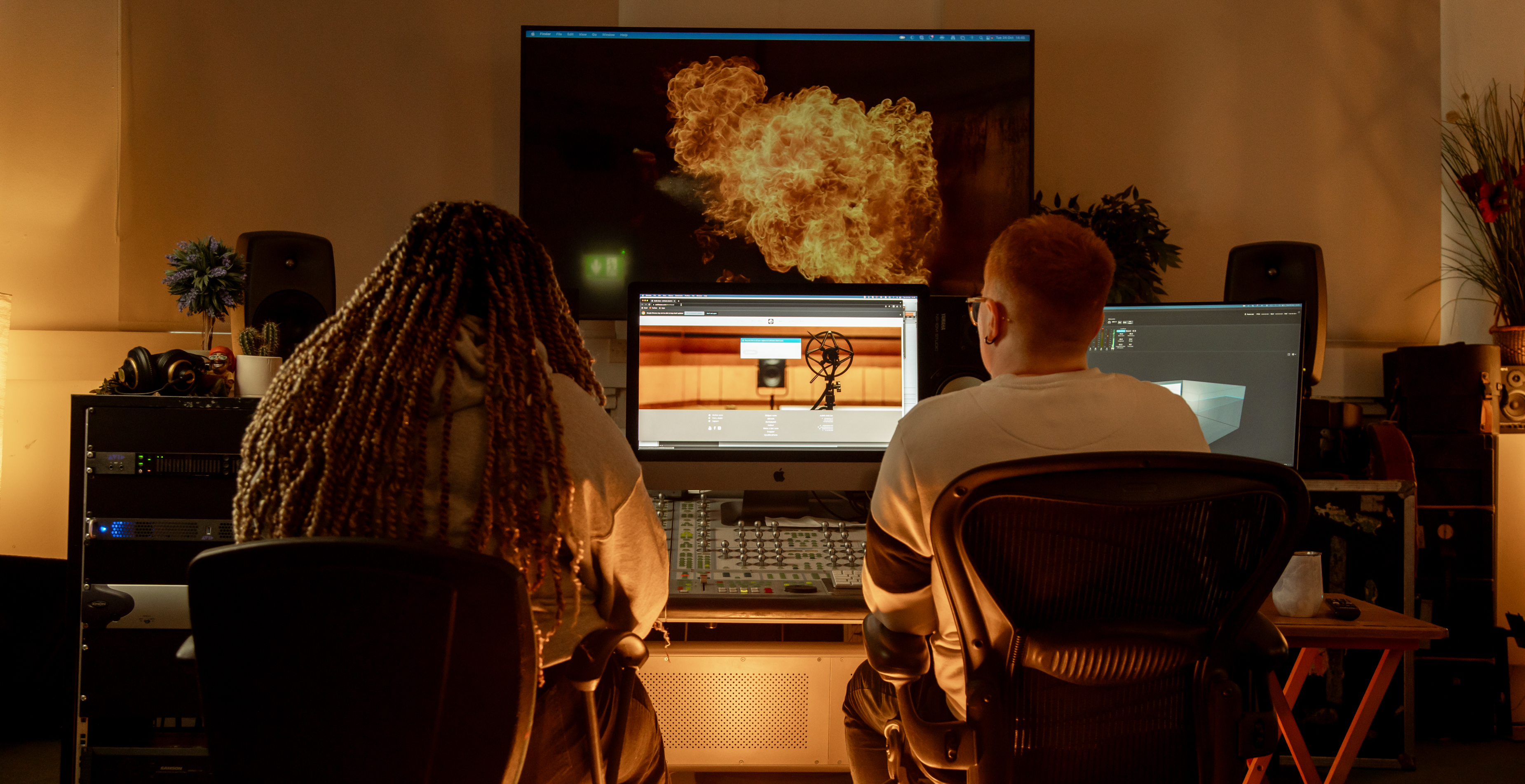Course Summary
Explore how the core elements of user experience (UX) design can be used to create more effective, engaging and enjoyable digital media interactions.
UX design uses research, design skills and usability testing to enhance the ways in which a user can interact with a digital product. It involves a range of techniques, including user research, requirements analysis, user interface and interaction design, prototyping, and user testing. The demand from industry in Ireland for people with these skills has significantly grown in response to the increasing prominence and importance of the field. This course produces skilled, confident and knowledgeable user experience designers to fill this gap.
This course:
- Outlines the field of user experience design;
- Explains the key stages of the UX design lifecycle;
- Provides the knowledge, skills and competencies required to design and evaluate solutions to UX design problems.
College Link
Career Sectors
This course prepares you for working in the Career Sectors below. Follow the links to get a fuller understanding of the sectors you are preparing for.
Entry Requirements
Undergraduate qualification of 2nd Class Honours or higher at Honours Degree level.
Applicants may also be considered provided that they can demonstrate Honours Degree equivalence, which can be verified through our RPL [recognition of prior learning] process.
Some prior experience with a related discipline is required.
Application Details
IADT
Application Date:
31/08/2025
The Student
Career Interests
This course is typically suited for people with the following Career Interests. If these interests do not describe you, this course may prepare you for work you may not find satisfying.
Investigative
The Investigative person will usually find a particular area of science to be of interest. They are inclined toward intellectual and analytical activities and enjoy observation and theory. They may prefer thought to action, and enjoy the challenge of solving problems with sophiscticated technology. These types prefer mentally stimulating environments and often pay close attention to developments in their chosen field.
Linguistic
The Linguistic's interests are usually focused on ideas and information exchange. They tend to like reading a lot, and enjoy discussion about what has been said. Some will want to write about their own ideas and may follow a path towards journalism, story writing or editing. Others will develop skills in other languages, perhaps finding work as a translator or interpreter. Most Linguistic types will enjoy the opportunity to teach or instruct people in a topic they are interested in.
Creative
Creative people are drawn to careers and activities that enable them to take responsibility for the design, layout or sensory impact of something (visual, auditory etc). They may be atrracted to the traditional artistic pursuits such as painting, sculpture, singing, or music. Or they may show more interest in design activities, such as architecture, animation, or craft areas, such as pottery and ceramics.
Creative people use their personal understanding of people and the world they live in to guide their work. Creative people like to work in unstructured workplaces, enjoy taking risks and prefer a minimum of routine.
Career Progression
The course opens up a range of opportunities including: digital development and production, design, project management, digital and online marketing, content management and software development.





